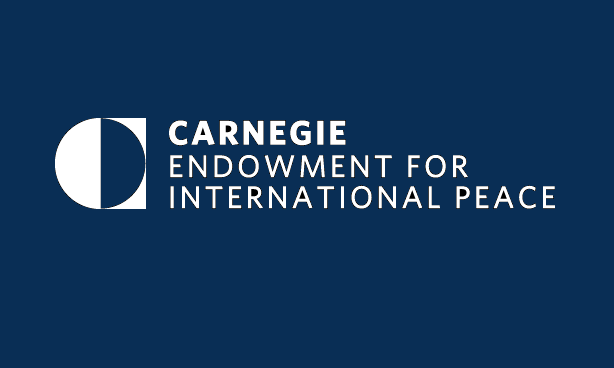SEPTEMBER 08, 2022
COMMENTARY
The utopian proposal must give way to a more moderate vision, voters say.
When Chile experienced mass protests in late 2019, many feared the country could be pulled into the vortex of polarization and political instability that Latin American countries often experience after large-scale upheaval. After millions of angry Brazilians took to the street in 2013, for example, the country entered a period of extreme polarization that contributed to the emergence of an antiestablishment president with authoritarian tendencies. In the same way, the traumatic instability in the aftermath of the 2019 elections in Bolivia deepened polarization further. Neither Brazil nor Bolivia have been able to address the root causes that led to public discontent and could very well experience similar bouts of public protests in the future.
Chile, on the other hand, has sought an alternative tonic to discontent, embarking on a risky but courageous path to rewrite the constitution in an effort to better address the many challenges the country faces, ranging from profound inequality, a lack of social mobility, and insufficient public services. After a remarkably broad and inclusive debate about the best path forward, voters approved, in October 2020, the creation of a constituent assembly, which included reserved seats…









